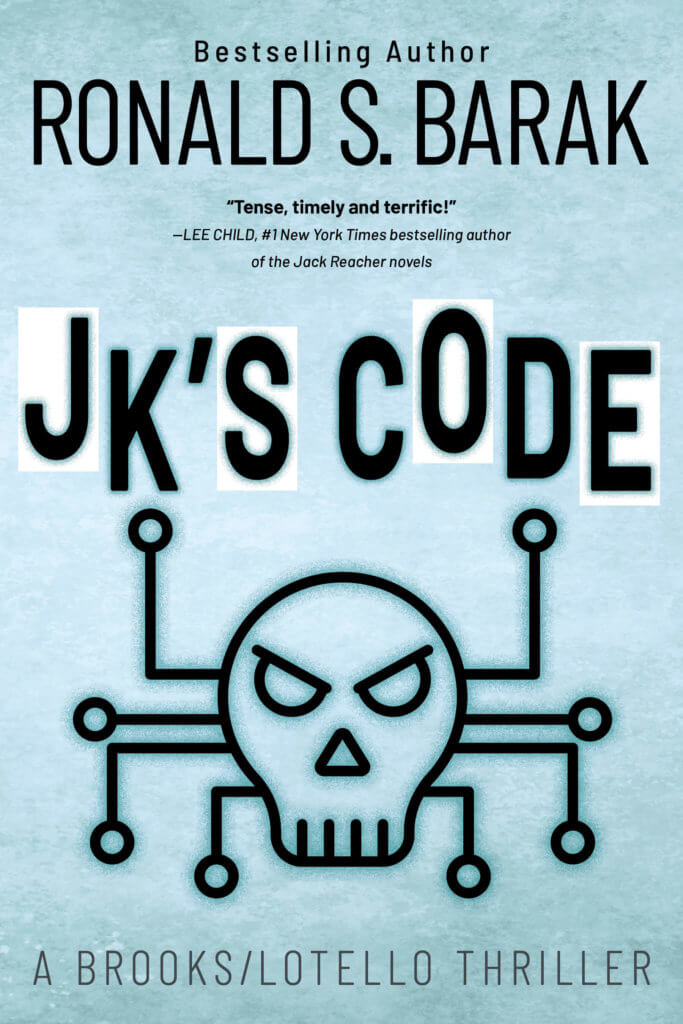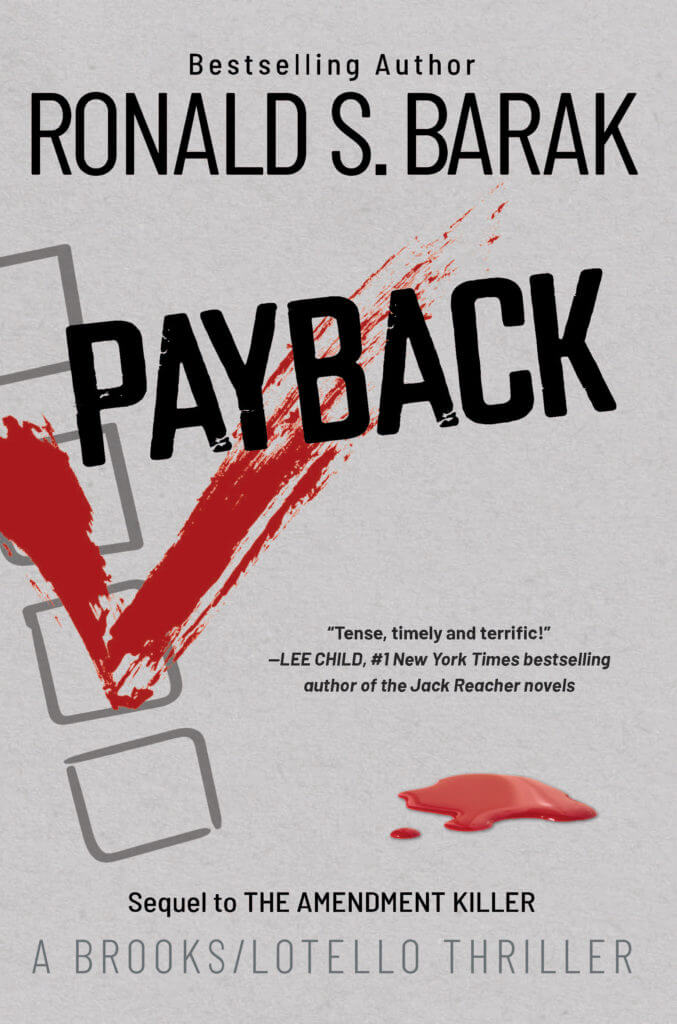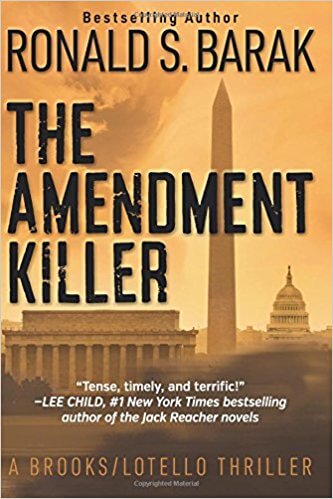 Never Put Off Until Tomorrow What You Can Do Today
Never Put Off Until Tomorrow What You Can Do Today
I was raised by my parents never to put off until tomorrow what you can do today. They were not the first to advance that argument. And they won’t be the last. If it’s good enough for you and me, shouldn’t it be good enough for the U.S. Supreme Court? Especially when Chief Justice John Roberts just went public with a self-serving remark a few days ago that our judges work so hard to do all that they responsibly can.
Timbs vs. Indiana
Let’s take a look at the case of Timbs vs. Indiana just argued in the U.S. Supreme Court at the very moment Roberts was making his unusual public remarks and see how hard the U.S. Supreme Court itself is doing all it responsibly can to discharge its Constitutional obligations.
The Bust
Tyson Timbs was caught dealing drugs. Not a lot. He sold the drugs in his possession for just under $400. The mistake he made was he sold them to two undercover officers who were running a sting against him.
Clarification
Let’s be clear. I’m not trying to help Mr. Timbs. It’s Chief Justice Roberts’s claim I’m taking a look at. And whether the Supreme Court is doing it’s job.
The Range Rover and The 8th Amendment
Under an Indiana statute, the State of Indiana seized Mr. Timb’s $42,000 Range Rover, the value of which is three times the maximum fine that could be imposed on Mr. Timbs under Indiana law for his possession for sale offense.
Mr. Timbs sued the State of Indiana to return his Range Rover, or its value if they had already sold the impounded vehicle. He claimed that taking his Range Rover amounted to excessive punishment in violation of the 8th Amendment of the U.S. Constitution. Indiana claimed–frivolously–that the 8th Amendment constrains only the federal government. However, prior Supreme Court cases make it abundantly clear that the 14th Amendment provides that states are as constrained by the Bill of Rights (the first 10 Amendments of the Constitution, including the Eighth Amendment, if my fingers and toes are still working) as is the federal government.
The Indiana courts backed the State of Indiana. No surprise there!
Mr. Timbs Goes To Washington
Timbs appealed the Indiana court decisions upholding the seizure to the U.S. Supreme Court, claiming (i) that Indiana is bound by the 8th Amendment and (ii) that seizing the Range Rover at three times the maximum fine Indiana could impose on Timbs for his criminal conviction was, per se, excessive. The Supreme Court agreed to hear the appeal, otherwise known as “granting cert.”
In oral argument, the justices summarily ridiculed Indiana’s lawyer for claiming that Indiana is not bound by the 8th Amendment. The justices disposed of this Indiana’s position on the 8th Amendment in less than five minutes. One wonders why they bothered to grant cert instead of issuing a one sentence “slip” ruling that the law is patently clear that the 14th Amendment imposes the 8th Amendment on all states. It must be that the Supreme Court spent the taxpayer’s and Mr. Timb’s money because it had some important point it wanted to make concerning the meaning of “excessive,” as in excessive punishment as addressed in the 8th Amendment without definition.
Wrong! While the Court has not yet issued it’s ruling, it’s remarks make clear that the Court will merely affirm that the 8th Amendment governs states as well as the federal government, which everyone (with the possible exception of Indiana) already knew and then send the case back to the Indiana courts to decide whether the Range Rover seizure amounted to excessive punishment. The Court is applying a common doctrine of never deciding more than it has to. Apparently, the Court feels that now that it is making clear what was already clear, it has done it’s job and it’s up to Indiana and its courts to then apply the 8th Amendment to determine whether the seizure is excessive.
Never Do Today What You Can Put Off Until Tomorrow
Applying the rule of never deciding more than what has to be decided–at least as the Supreme Court intimated it would rule–is just plain . . .irresponsible. And wasteful. Alternatively, the Court doesn’t understand what it responsibly has to decide to discharge it’s Constitutional duties.
Everyone in the Courtroom knows how Indiana will decide this case on remand. If it was disingenuous enough to say–in the face of existing case law–that the 8th Amendment does not govern Indiana, it will also have no problem saying that seizure of the Range Rover was not excessive even though it’s value was three times the maximum fine the state could lawfully impose on Mr. Timbs. And Mr. Timbs will then have to appeal once again to the Supreme Court. And once again waste his time and money, and the taxpayers’s time and money on another appeal.
Haven’t we got better things to do? Hasn’t the Supreme Court got better things to do? There is no reason why the Supreme Court should not clarify the meaning of excessive as part of the existing appeal. And end this nonsense now.
What Happens When Our Judiciary Is Disingenuous
Mr. Timbs is going to get his car back, or its value. That’s not what’s at issue here. We all know the issue here. The Supreme Court wants to tell people like Mr. Timbs that it’s going to be expensive to deal drugs. I’m more than sympathetic with that, but at what cost to society? First, there is the credibility of the Court. When our Executive and Legislative branches are in such disarray, one would hope that at least the Judicial branch would operate with common sense and integrity.
It Isn’t Just Mr. Timbs
But this irresponsibility is worse. Much worse. Timbs is not the only U.S. citizen with something riding on this case.
The Long Beach, California Mobile Home Park Case
At virtually the same time as oral argument was heard in the Timbs case, the California Superior Court affirmed a $35 million dollar jury award of punitive damages against a Long Beach, California residential mobile home park in favor of 60 of its tenants. The jury had already awarded $5.5 million against the landlord for refusing to render the mobile home park “habitable.” No problem with that part of the decision. The law requiring residential habitability is clear and so were the facts of inhabitability in this case.
However, the $35 million award was supposedly to assist the 60 tenants in finding new places to rent. That’s approximately $600,000 per tenant to find new places to rent when they were paying under $1,000 per month in rent at the existing mobile home park.
Everyone knows what this jury was doing. It was sending a message that irresponsible residential landlords will be punished–excessively–for subjecting their tenants to inhabitable living arrangements. Commendable. And juries don’t know better. And the opinions of juries do not amount to state action subject to the 8th Amendment. However, that’s why we have courts to supervise juries. When the court–which is an agent of the state–upholds an excessive jury award, that is state action in violation of the 8th Amendment under the 14th Amendment.
Those Who Live in Glass Houses
When the U.S. Supreme Court in Timbs vs. Indiana sends a message that it will–irresponsibly–put off until tomorrow what it could–and should–have decided today, it is not only adversely impacting Mr. Timbs but is also impacting lots of other Americans as well.
Those who live in glass houses (Chief Justice Roberts) should not cast stones (at President Trump, who obnoxiously called a judge he didn’t like an Obama judge) (see yesterday’s blog by this writer) because that’s the pot calling the kettle black. And, yes, I just mixed my metaphors! 🙂
Join the discussion either by logging in just below or by signing into your favorite social media outlet. If you’re having trouble, please follow these instructions to guide you! Thanks!







